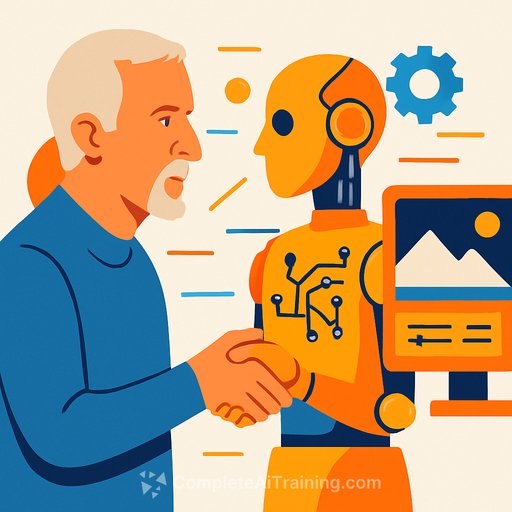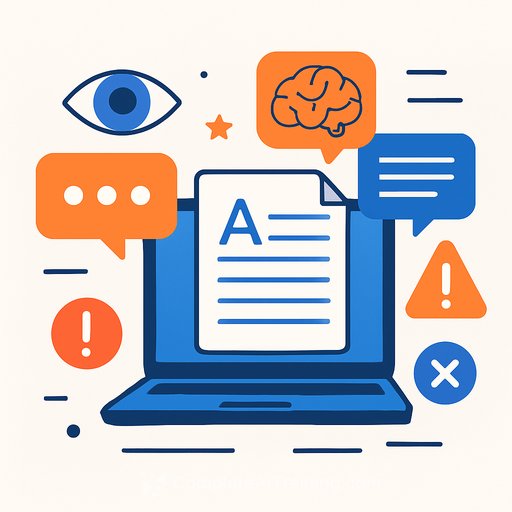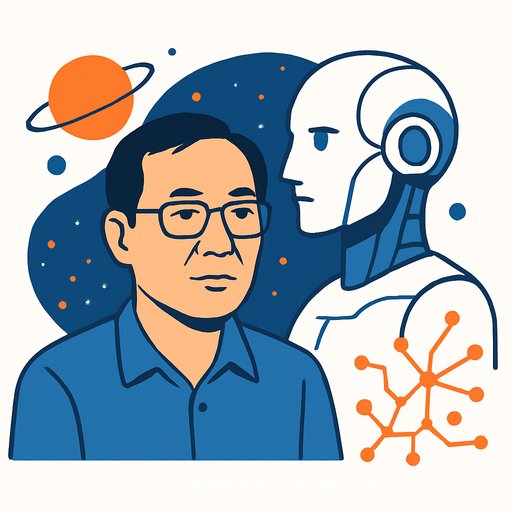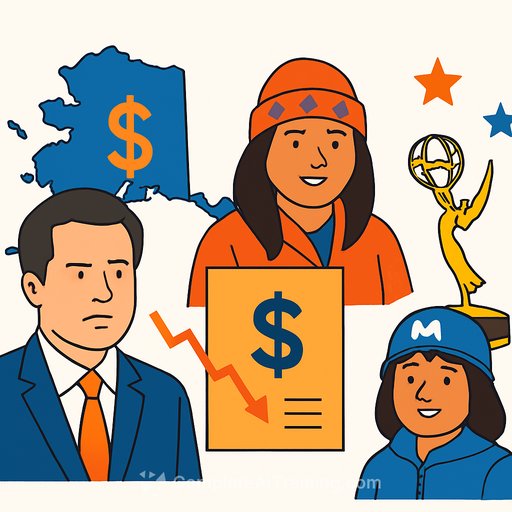James Cameron on AI: Keep the "Sacred Creative Act" Human
James Cameron has a clear stance on AI in filmmaking: use it to cut costs, not to replace writers or actors. For anyone who lives by the pen or the script, his perspective is a useful filter: protect the creative core, optimize the rest.
He's wary of an AI "nuclear arms race," especially around weapons systems. In storytelling, he draws a line: "I don't want an AI model to write my scripts."
Where AI Fits (And Where It Doesn't)
Cameron sees potential in using Generative AI to reduce VFX costs, which could make ambitious films easier to greenlight. Avatar-level visuals are expensive; if AI can lower that bill, more bold projects get made.
But he won't trade human experience for convenience. "Any good screenwriter has a particular lens on the world, a unique lived experience… That's what they're there to express." Writing, acting, and the conceptual birth of characters are, to him, a "Sacred Creative Act."
Why This Matters for Writers
- Guard your voice. Use AI to speed research, beat writer's block, or polish drafts-but don't outsource the point of view that makes your work matter.
- Double down on character. Your lived experience informs motivations, subtext, and dialogue. That's the irreplaceable asset.
- Collaborate like it's your superpower. Cameron frames actors as partners in creating life on screen. Treat performers and readers the same way in your process: as co-creators of meaning.
Industry Pressure: AI Performances Are Here
The debate is already public. An AI-generated "actress," Tilly Norwood, appeared at the Zurich Film Festival, drawing criticism from SAG-AFTRA. That's a signal for writers: contracts, likeness rights, and synthetic performances affect how your characters-and your name-are used.
Track union updates and policy shifts as they evolve. Start with SAG-AFTRA and the festival's home base at Zurich Film Festival.
Practical Guardrails You Can Set Now
- Write a personal AI policy. Define what you will and won't use AI for: ideation prompts, outlines, research summaries, or line edits-but not final story beats, character arcs, or theme.
- Protect first drafts. Draft by hand or in a plain text editor before any AI touches the work. Keep a "human-origin" archive.
- Credit cleanly. If you use AI for support tasks, document it. Transparency builds trust with clients, producers, and readers.
- Lock your character bible. Core motivations, values, and arcs should come from you. Use assistants for continuity checks, not creative decisions.
- Negotiate usage. Add language that limits training on your work and restricts synthetic reproductions of your style or characters without consent.
Cameron's Bigger Picture
He won't try to predict Earth centuries from now-even with future Avatar installments rumored to visit our planet. His priority is emotional truth: reconnect with each other, with nature, and keep society in balance.
"We're on the cusp of an AI revolution right now. Climate change is actually coming to a head… We've got to come to grips with the next decade." The takeaway for writers: urgency without panic, creativity without compromise.
Bottom Line for Writers
Use AI to reduce friction, not to replace the work that makes you irreplaceable. Cameron's line is simple: keep the sacred parts human-story, character, performance. Let technology lower costs and raise access, while you protect the soul of the script.
If you want structured ways to use AI as an assistant-without losing your voice-explore curated tools for copywriting at Complete AI Training.
Your membership also unlocks:






